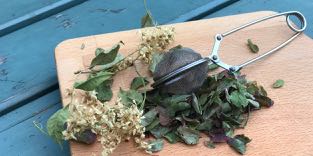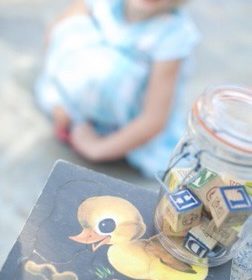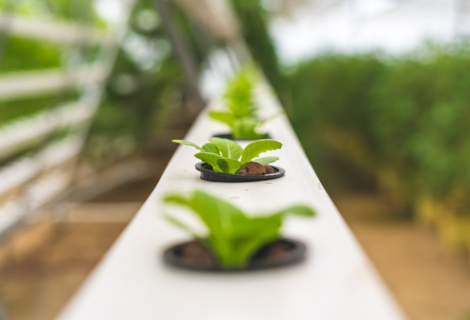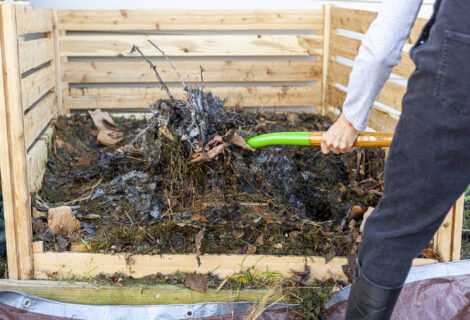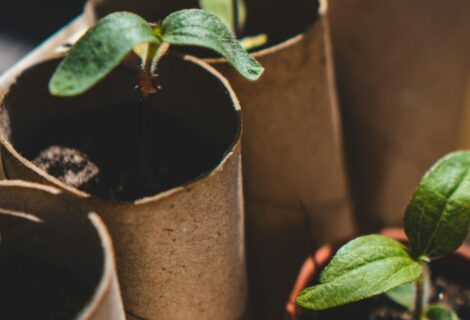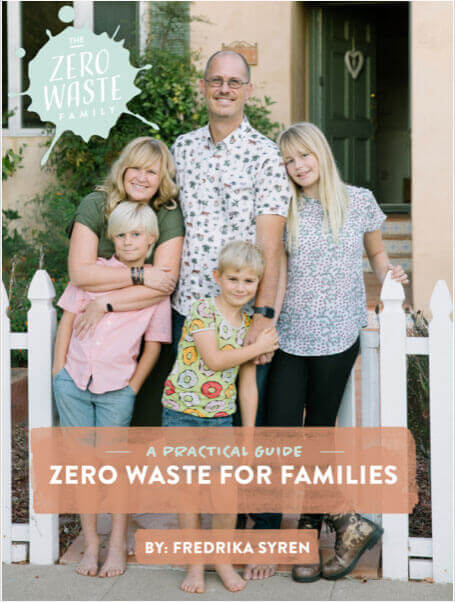My family, especially my kids and I, are huge tea drinkers. Besides enjoying the usual green, rooibos and chai teas, we also like drinking herbal teas; so this summer while in Sweden, I decided to start making my own teas from all kinds of flowers, leaves and herbs that I forage. Come winter, I know I will enjoy a good book and a cup of homemade steaming hot tea … brewed from fresh-grown herbs!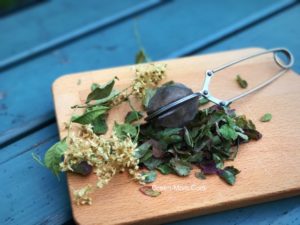
The first thing I learned while starting to make my own teas is NEVER to brew a tea from any plant that you cannot positively identify as being nontoxic and edible. I also learned how many herbs not only taste good but also have some medicinal properties. For example, I learned that elderflowers are great for colds, so I made sure to pick lots of elderflowers while they still were blooming. You can also make your own herbal tea blends and, since there are thousands of combinations of herbal teas, there are blends for every pallet.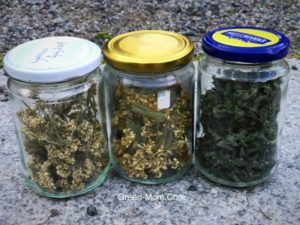
Here some favorite herbal teas that I made this summer:
Raspberry leaf tea—I drank a lot of this tea while pregnant because it can help strengthen the uterus and is a good source of Magnesium, Potassium, and B-Vitamins. Now I drink it for other specific benefits: it helps to balance hormones, boost the immune system, benefits the heart; and it helps with indigestion, among many things.
Chamomile—My kids drink chamomile tea pretty much any time they are sick, and they enjoy it before bed because it helps relax them and ease any anxiety. It also helps ease PMS symptoms, is anti-inflammatory, soothes stomachaches and promotes healthy skin.
Mint—My kids’ second favorite herbal tea is mint because it’s refreshing and helps with any digestive issues. Mint also can help soothe a cough, and it helps the mind stay alert.
Fennel—To make fennel tea, you use the seeds. It can help poor digestion, heart burn, gas and bloating. I drank fennel tea a lot after my third baby got colic, and I even gave him some to help his poor tummy. Fennel also boosts the immune system, and may help relieve arthritis.
Nettle—These little weeds I have written about a lot because nettle is in my opinion a superfood. And you can read more about the many uses of nettle here. Nettle contains restorative elements which boost the immune system. It contains vitamins A, C, K, calcium, potassium and iron. During my pregnancy and after giving birth, I drank nettle tea to boost my iron level.
Rosehip—Rosehip, one of the best plant sources of vitamin C, is important for the immune system, skin and tissue health, and adrenal function.
Elderflower—This flower contains lots of antioxidants, so it helps boost the immune system. As well, it helps with swollen sinuses, colds, flu symptoms, bronchitis and constipation.
Blueberry—I like making blueberry tea from the leaves with a few dried blueberries added. Blueberry tea contains lots of antioxidants, anti-inflammatory and anti-allergen properties.
Lemon balm—Known as the calming herb, it can help relieve anxiety, promote sleep, support the liver, act as a powerful antioxidant, and help protect the brain.
To make your tea, you can use fresh leaves, seeds and flowers. I do that while I have access to fresh resources; but since I try to live a zero waste life, I make dried herbal teas for the cold winter months, too.
I dry my herbs, flowers and seeds in a dehydrator on 105F until dry, then crumble them up. You can also dry them in a warm kitchen by hanging them upside down until they dry, or by placing them on a cookie sheet in a 175F oven until dry.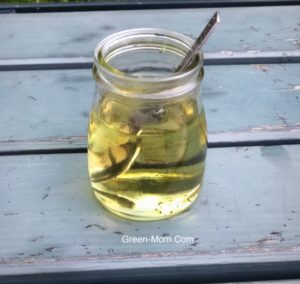
As I said, there are thousands of herbal tea blends, so you should try out different combinations to discover your own favorite blend. Wellness Mama has this recipe for an herbal pregnancy tea blend I like.
- 4 cups raspberry leaves
- ½ cup mint leaves
- ½ cup stevia leaves
- 1 cup nettle leaves
Here are some of my favorite combinations:
- Mint & fennel
- Mint & stevia
- Chamomile & Rosehip
- Mint & Lemon balm
- Elderflower & lemon balm
- Nettle & Mint
- Nettle & chamomile


